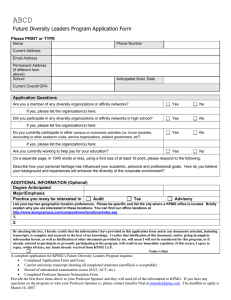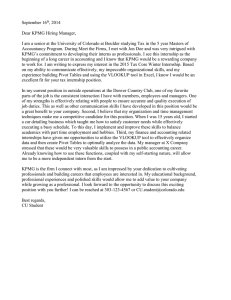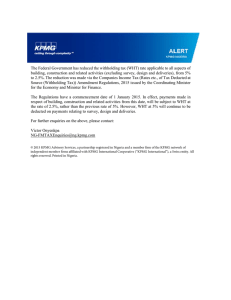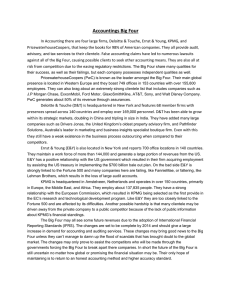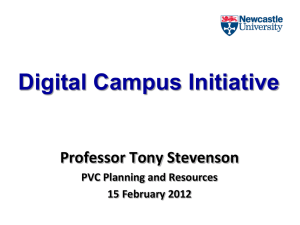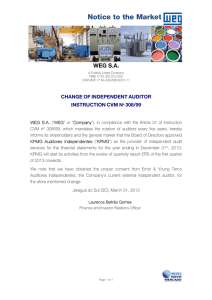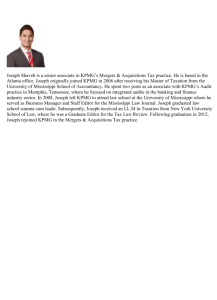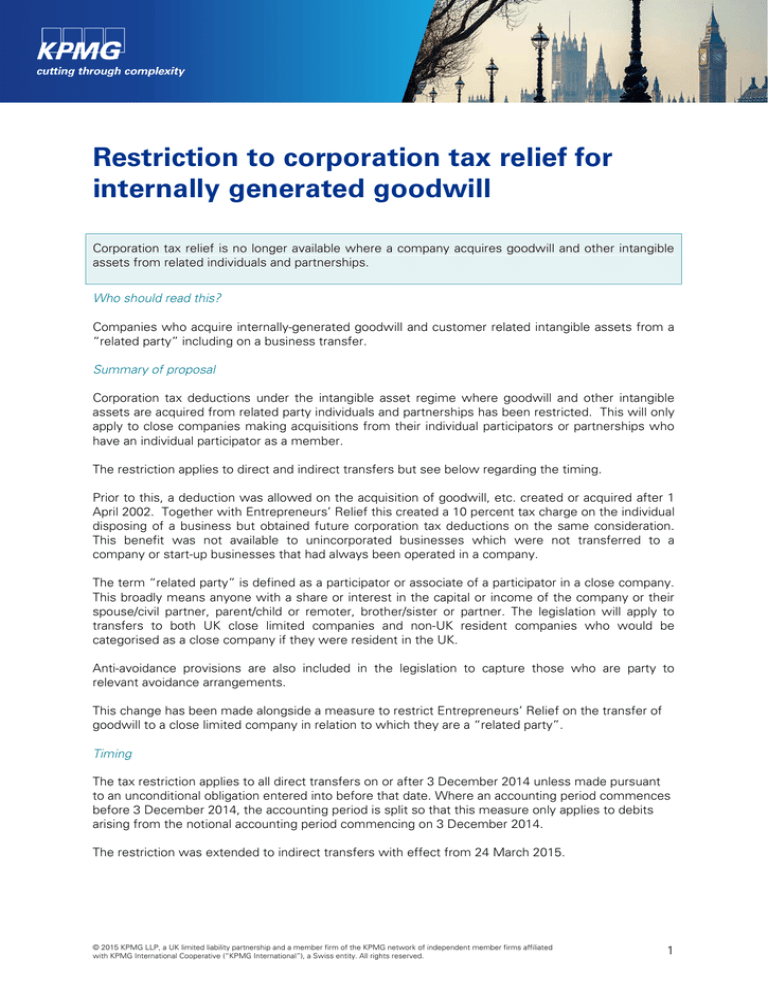
Restriction to corporation tax relief for
internally generated goodwill
Corporation tax relief is no longer available where a company acquires goodwill and other intangible
assets from related individuals and partnerships.
Who should read this?
Companies who acquire internally-generated goodwill and customer related intangible assets from a
“related party” including on a business transfer.
Summary of proposal
Corporation tax deductions under the intangible asset regime where goodwill and other intangible
assets are acquired from related party individuals and partnerships has been restricted. This will only
apply to close companies making acquisitions from their individual participators or partnerships who
have an individual participator as a member.
The restriction applies to direct and indirect transfers but see below regarding the timing.
Prior to this, a deduction was allowed on the acquisition of goodwill, etc. created or acquired after 1
April 2002. Together with Entrepreneurs’ Relief this created a 10 percent tax charge on the individual
disposing of a business but obtained future corporation tax deductions on the same consideration.
This benefit was not available to unincorporated businesses which were not transferred to a
company or start-up businesses that had always been operated in a company.
The term “related party” is defined as a participator or associate of a participator in a close company.
This broadly means anyone with a share or interest in the capital or income of the company or their
spouse/civil partner, parent/child or remoter, brother/sister or partner. The legislation will apply to
transfers to both UK close limited companies and non-UK resident companies who would be
categorised as a close company if they were resident in the UK.
Anti-avoidance provisions are also included in the legislation to capture those who are party to
relevant avoidance arrangements.
This change has been made alongside a measure to restrict Entrepreneurs’ Relief on the transfer of
goodwill to a close limited company in relation to which they are a “related party”.
Timing
The tax restriction applies to all direct transfers on or after 3 December 2014 unless made pursuant
to an unconditional obligation entered into before that date. Where an accounting period commences
before 3 December 2014, the accounting period is split so that this measure only applies to debits
arising from the notional accounting period commencing on 3 December 2014.
The restriction was extended to indirect transfers with effect from 24 March 2015.
© 2015 KPMG LLP, a UK limited liability partnership and a member firm of the KPMG network of independent member firms affiliated
with KPMG International Cooperative (“KPMG International”), a Swiss entity. All rights reserved.
1
Our view
This measure has been introduced to remove an advantage for the owners of unincorporated
businesses who were able to obtain a corporation tax deduction for the consideration paid in respect
of internally generated goodwill. In addition, they could also crystallise the value of this via a transfer
to a related company in return for cash or debt that they could then potentially extract at the 10%
CGT rate, effectively converting a future income stream into capital.
When the measure was initially announced, the drafting of the legislation meant that there was a
loophole as the rules only applied to a direct transfer – i.e. individual transfers to company A –
company A is restricted. If however company A then transferred to company B, company B would
not be restricted.
The “indirect” rule extends these provisions to company B with effect from 25 March.
Businesses looking to incorporate therefore need to consider the consequences of both this measure
and the restriction of Entrepreneurs’ Relief on goodwill and related transfers.
For more information contact
Jane Crotty
T: +44 (0)20 7694 5396
E: jane.crotty@kpmg.co.uk
Roisin Byrne
T: +44 (0)121 232 3462
E: roisin.byrne@kpmg.co.uk
Paul Harden
T: +44 (0)20 7694 5419
E: paul.harden@kpmg.co.uk
www.kpmg.co.uk
The information contained in this document is of a general nature and is not intended to address the circumstances of any
particular individual or entity. Although we endeavour to provide accurate and timely information, there can be no guarantee
that such information is accurate as of the date it is provided or that it will continue to be accurate in the future. No one should
act on such information without appropriate professional advice after a thorough examination of the particular situation.
© 2015 KPMG LLP, a UK limited liability partnership and a member firm of the KPMG network of independent member firms
affiliated with KPMG International Cooperative (“KPMG International”), a Swiss entity. All rights reserved.
The KPMG name, logo and "cutting through complexity" are registered trademarks or trademarks of KPMG International.
© 2015 KPMG LLP, a UK limited liability partnership and a member firm of the KPMG network of independent member firms affiliated
with KPMG International Cooperative (“KPMG International”), a Swiss entity. All rights reserved.
2

